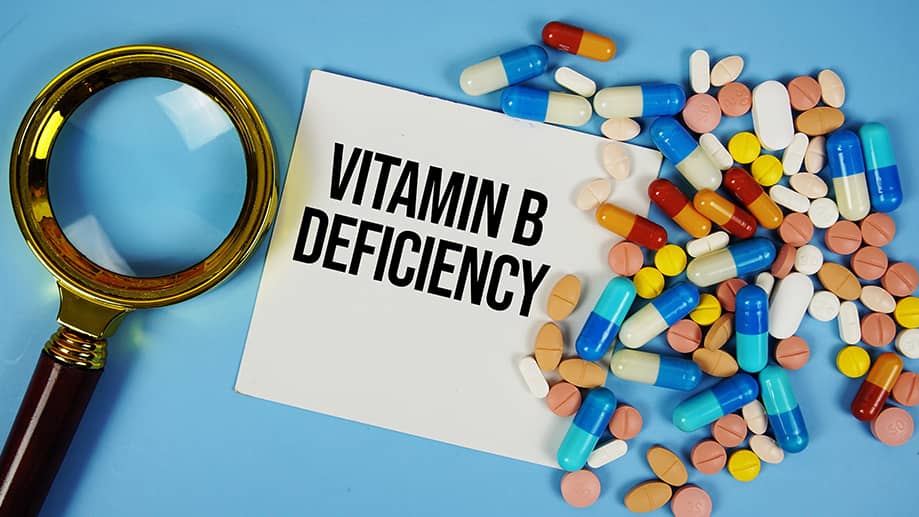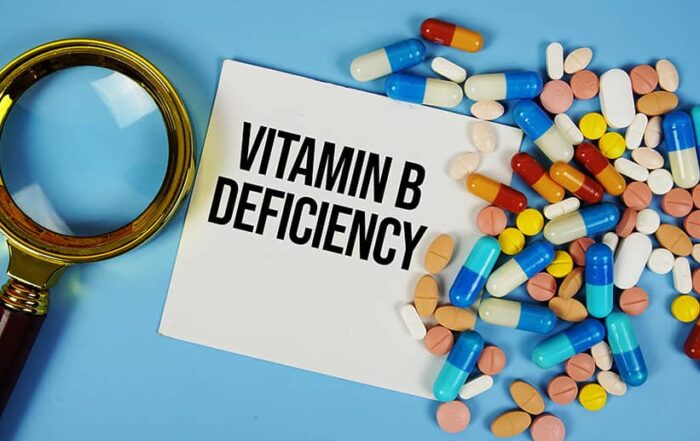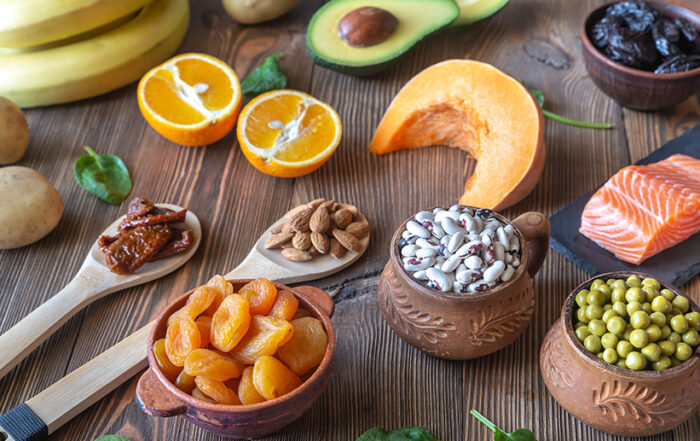
Vitamin B6, also known as pyridoxine, is a water-soluble vitamin that plays a vital role in numerous bodily functions, including amino acid metabolism, neurotransmitter synthesis, and hemoglobin production. While deficiency is uncommon due to its presence in various foods, certain factors can lead to inadequate levels, resulting in a range of health issues.
Symptoms of Vitamin B6 Deficiency
Recognizing the signs of vitamin B6 deficiency is crucial for early intervention. Common symptoms include:
Skin Changes: Development of a scaly, greasy rash and inflammation of the skin (dermatitis), along with cracking at the corners of the mouth and scaling on the lips (cheilitis).
Glossitis: A sore, swollen, and glossy tongue, making talking, chewing, or swallowing difficult or uncomfortable.
Fatigue and Cognitive Issues: Feelings of tiredness, brain fog, confusion, irritability, and short-term memory loss due to impaired neurotransmitter production.
Weakened Immune System: Increased susceptibility to infections and frequent illnesses.
Anemia: Microcytic anemia characterized by fatigue and weakness due to impaired hemoglobin synthesis.
Peripheral Neuropathy: Numbness, tingling, or a “pins and needles” sensation in the hands and feet.
Seizures: In severe cases, especially in infants, deficiency can lead to seizures.
Causes of Vitamin B Deficiency
Several factors can contribute to vitamin B6 deficiency:
Poor Dietary Intake: Insufficient consumption of vitamin B6-rich foods, often due to restrictive diets or malnutrition.
Certain Medications: Drugs such as isoniazid, penicillamine, and hydralazine can interfere with vitamin B6 metabolism.
Chronic Conditions: Diseases like celiac disease, Crohn’s disease, ulcerative colitis, and end-stage kidney diseases can impair nutrient absorption.
Alcohol Dependence: Excessive alcohol consumption can lead to decreased absorption and utilization of vitamin B6.
Daily Vitamin B6 Requirements
The recommended daily intake of vitamin B6 varies by age, sex, and physiological status:
Adults: 1/3 mg per day.
Women over 50: 1.5 mg per day
Men over 50: 1.7mg per day
Pregnant Women: 1.9 mg per day
Breastfeeding Women: 2.0 mg per day
Food Sources of Vitamin B6
To maintain adequate vitamin B6 levels, include the following foods in your diet:
Meats: Chicken, turkey, beef and fish.
Plant-Based Sources: Chickpeas, bananas, potatoes, and fortified cereals.
Nuts and Seeds: Sunflower seeds and pistachios.
When to Seek Medical Advice
If you experience symptoms consistent with vitamin B6 deficiency, consult a healthcare provider. They can perform assessments and recommend dietary adjustments or supplements as needed. Early detection and intervention are key to preventing potential complications.
Maintaining a balanced diet rich in essential nutrients is fundamental to overall health. Ensuring adequate vitamin B6 intake supports various bodily functions, contributing to optimal well-being. Wellpons member have access to vitamin supplements to support a healthy lifestyle. Log into your account to explore the options available.
Latest News
Understanding Vitamin B6 Deficiency: Symptoms, Causes and Prevention
Daphyne Lovejoy2025-03-26T16:12:34+00:00March 26th, 2025|
Spring Forward Without Fatigue: How to Combat Sleepiness After the Time Change
Kole Hohenberger2025-03-13T16:39:45+00:00March 13th, 2025|
Eggflation and Protein Alternatives: Navigating Rising Costs and Nutritional Diversity
Daphyne Lovejoy2025-03-07T20:13:44+00:00March 7th, 2025|
Brodo: The Ultimate Guide to Bone Broth and Its Benefits
Daphyne Lovejoy2025-02-24T21:37:34+00:00February 24th, 2025|
10 Magnesium-Rich Foods You Should Eat for Better Health
Daphyne Lovejoy2024-11-08T17:48:55+00:00November 4th, 2024|
The Amazing Health Benefits of Turmeric: Nature’s Golden Spice
Daphyne Lovejoy2024-10-25T15:51:39+00:00October 25th, 2024|





